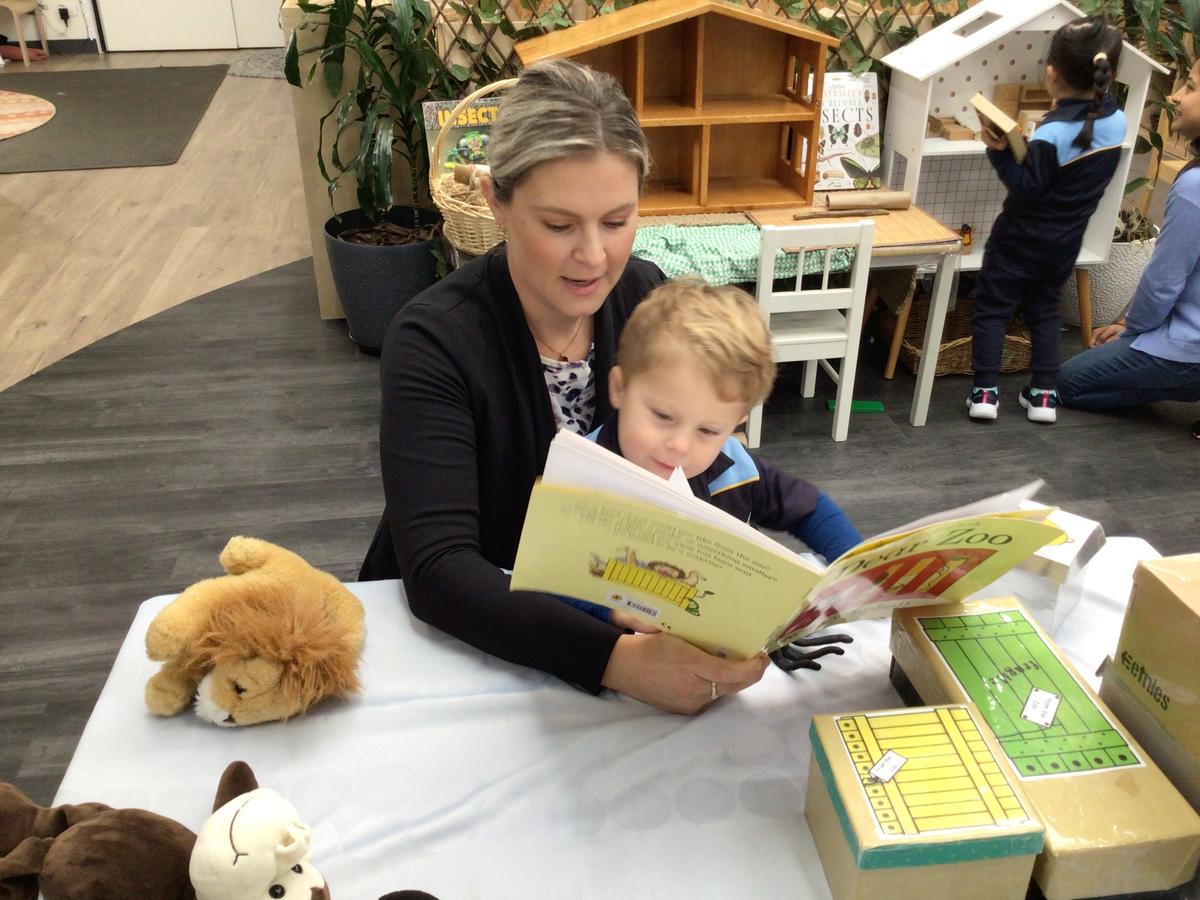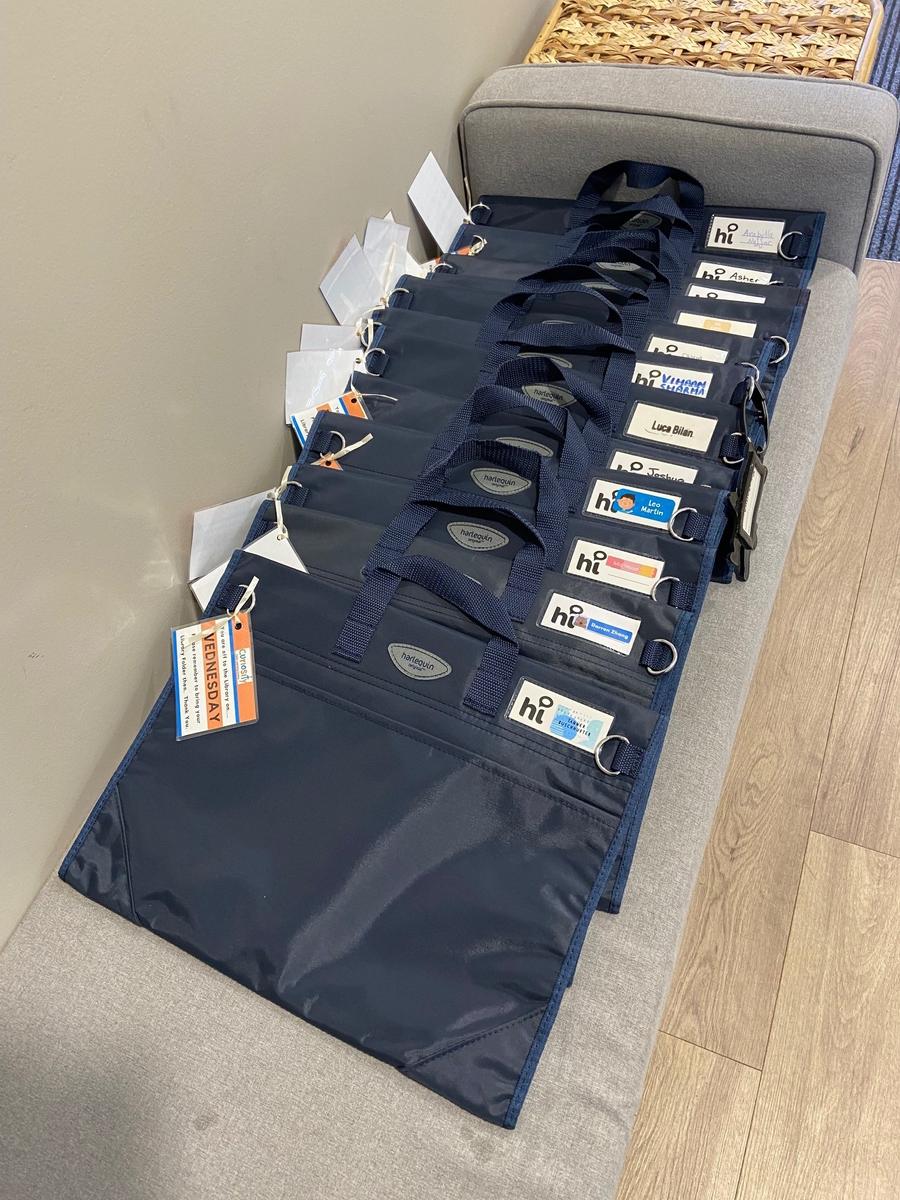Administration Reminders
COVID, Allowable/Additional absences, Attendance and Library

Administration Reminders
COVID, Allowable/Additional absences, Attendance and Library
As of July 1, the measures but in place by the government to support families during the COVID pandemic will be removed. This means the following:


A polite reminder, that children are welcome to be onsite from 8:30am for the Educational Program. We strongly ask that families arrive prior to 9am to allow their child time to regulate in their environment and connect with their peers before meeting in their teams around 9:10am. Children who arrive after this time, need to be settled in by their caregiver as staff are attentive to the Together Time which they are actively participating in.
We thank you for your support in supporting the transition of your children into the Centre each day. Caregivers are more than welcome to stay onsite til their child's team gathers if you have time to stay and play.


We ask families to remember to collect their child's Library folder at the end of the day that your child has borrowed. Reading aloud to your child home not only gives you time together, but gifts your child with the opportunity to hear the rhythm and flow of written language. It also presents your child the opportunity to explore language concepts that build pre-reading skills. Some information about this for you.
2 - 3 year old children things to consider:
• They become interested in the print on signs or labels and may come to recognise some of these in particular.
• They may recognise several books by their covers, know the titles, understand that they are read from front to back, from left to right and by looking at the print rather than just the pictures.
• They may understand that one can use writing for communication through cards and notes, for list making, for finding television programs in the guide and for a host of other purposes.
• Through focusing on print, 3 year olds start to become familiar with letters and may learn to recognise and name some.
• Story telling skills are important for literacy. 3 year olds should start to move from just requesting and commanding to explaining their experiences and telling stories.
3 - 5 year old considerations based on 'sound play' to consider:
• They begin to focus on the sounds within words (phonological awareness). 4 year olds begin to appreciate and produce rhymes, clap syllables in words and start to notice how certain words sound the same.
• They continue to make progress identifying and reproducing letters. They may even be able to write their own name and mix scribble, some letters and drawing in “writing” notes and stories.
• Story telling skills should continue to develop. Their stories should become fairly easy to follow.
4 - 6 year old considerations based on 'alphabet recognition to consider:
• They begin to hear the beginning sound in words. (E.g. ‘sun’ starts with /s/).
• They learn that the sounds they hear at the start and end of words are represented by alphabetic letters. (E.g. /s/ at the start of ‘sun’ is represented by a /s/.
• They are able to tell a story without support.
(Source: PLD 2020, Ages and Stages of Literacy Development)